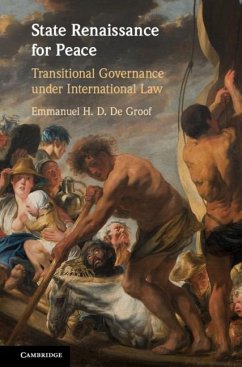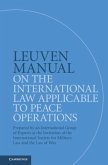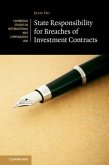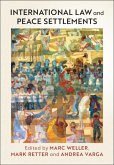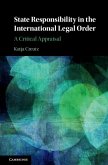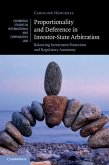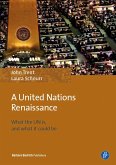After 1989, the function of transitional governance changed. It became a process whereby transitional authorities introduce a constitutional transformation on the basis of interim laws. In spite of its domestic nature, it also became an international project and one with formidable ambitions: ending war, conflict or crisis by reconfiguring the state order. This model attracted international attention, from the UN Security Council and several regional organisations, and became a playing field of choice in international politics and diplomacy. Also without recourse to armed force, international actors could impact a state apparatus - through state renaissance. This book zooms in on the non-forcible aspects of conflict-related transitional governance while focusing on the transition itself. This study shows that neither transitional actors nor external actors must respect specific rules when realising or contributing to state renaissance. The legal limits to indirectly provoking regime change are also being unveiled.
Dieser Download kann aus rechtlichen Gründen nur mit Rechnungsadresse in A, B, BG, CY, CZ, D, DK, EW, E, FIN, F, GR, HR, H, IRL, I, LT, L, LR, M, NL, PL, P, R, S, SLO, SK ausgeliefert werden.

